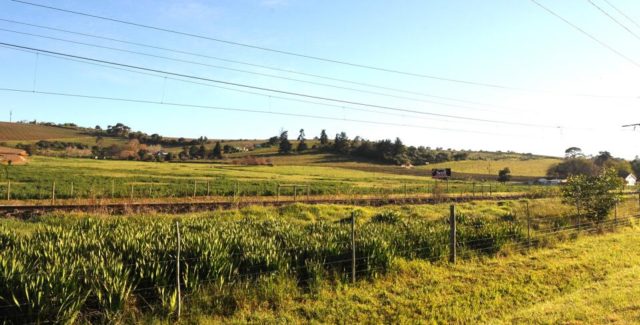Parliament’s portfolio committee on public works and infrastructure said the finalisation of the Expropriation Bill would be guided by the views heard from the people on the ground.
PARLIAMENT’S portfolio committee on public works and infrastructure said on Monday the finalisation of the Expropriation Bill would be guided by the views heard from the people on the ground.
In spite of the Covid-19 restrictions the committee was able to conclude its scheduled nation-wide programme of public hearings in the Free State at the weekend.
The bill aims ensure that land expropriation laws are in line with the Constitution.
It will outline how land can be expropriated and on what basis.
The bill will also assist all organs of state, including local municipalities, that provide services to vulnerable groups, including women, children, youth, LGBTQI+ and people with disabilities.
Local, provincial and national authorities are expected to use the new legislation to expropriate land in the public interest for various reasons, including to promote inclusivity and access to natural resources.
“The public hearings on the Expropriation Bill underscored the importance of public consultation in making laws in this democratic South Africa, because we have garnered insightful comments and inputs from South Africans. We are of the considered view that we are greatly enriched with information, and our discussions when finalising the bill will be guided by the many views we heard on the ground,” committee chairperson Nolitha Ntobongwana said.
In a statement, Ntobongwana said that during the hearings in the Northern Cape, Kathu pensioners had complained about the “vagueness” of the definition of property, which might threaten their pensions.
She said Mpumalanga’s traditional doctors told the committee that they needed land to advance their practices.
Faith-based organisations said they needed land for the development of worship and pastoral care centres, because of escalating social ills whose victims were the African majority.
Commercial farmers highlighted the risk the bill poses to the economic future of the country, while emerging farmers who were forced to share small pieces of communal land said they were unable to develop into full-fledged commercial farmers, Ntobongwana said.
She said the Khoi and San communities were calling for recognition and land to improve their socio-economic conditions, while women called for land for purposes that included the feeding of their children.
Ntobongwana said the committee was satisfied that it has conducted an extensive consultation process, as required by the Constitution.
“We visited four districts in every province, and we are satisfied that we covered as wide an area in the country as is financially and logistically possible.
“We are thus reasonably satisfied that our hearings were extensive and all those who participated expressed their views openly without any restriction on any basis,” she said.
– Political Bureau








